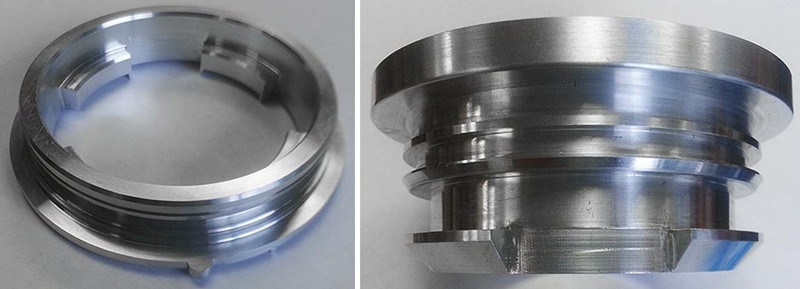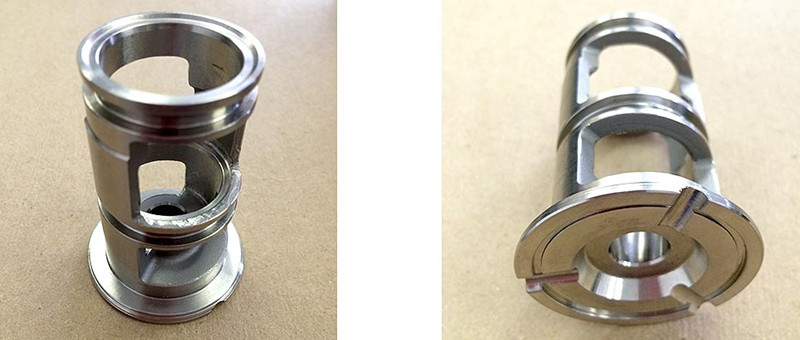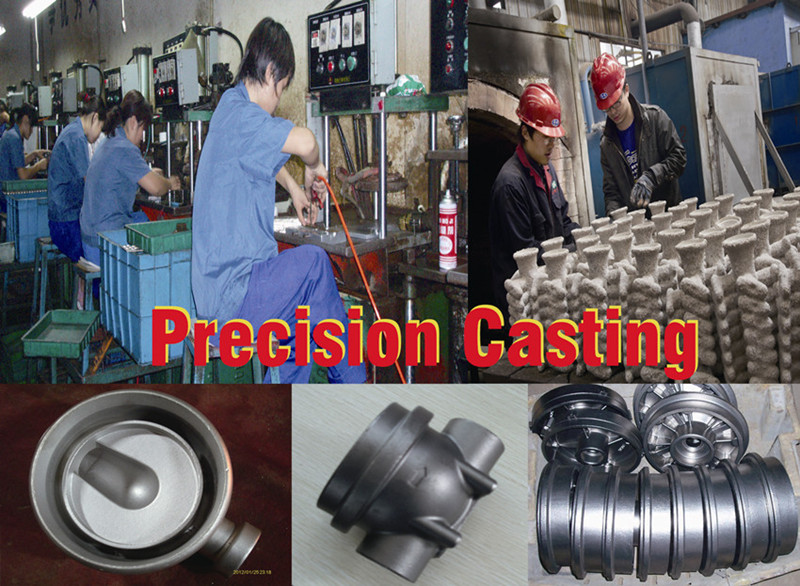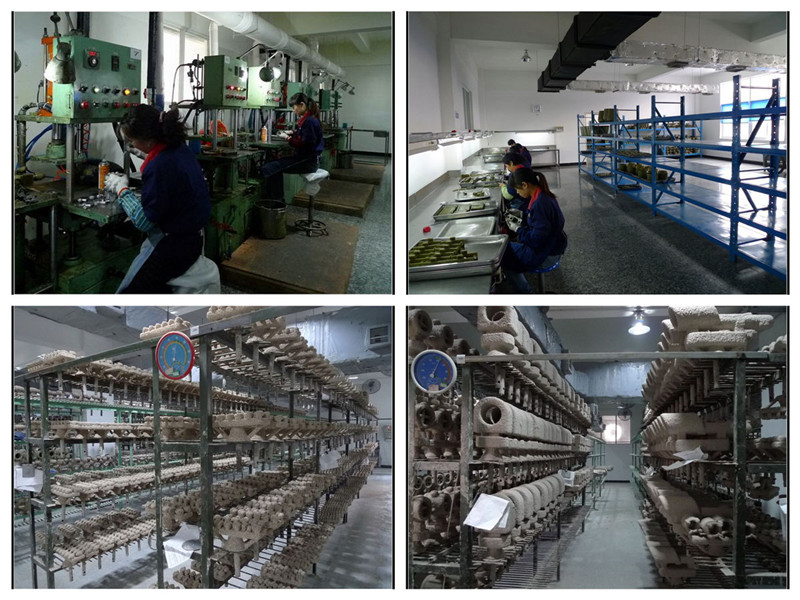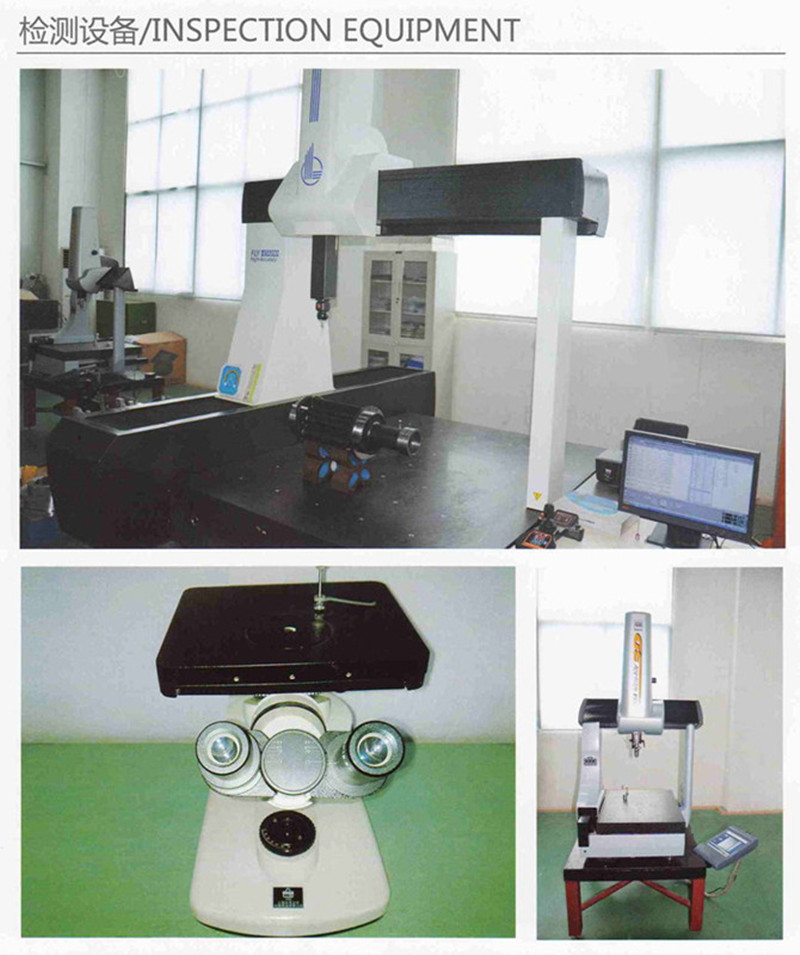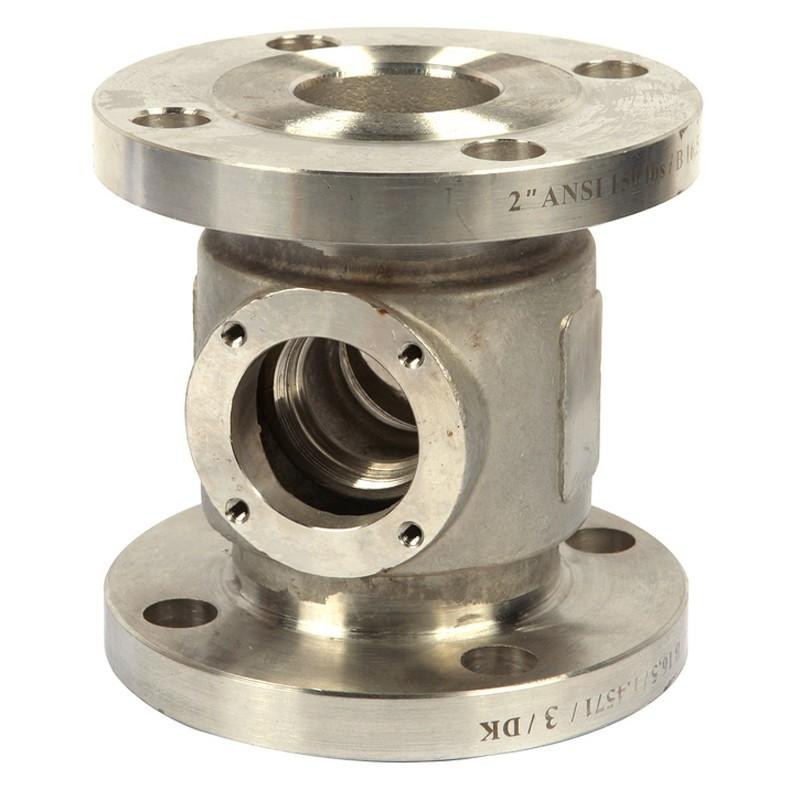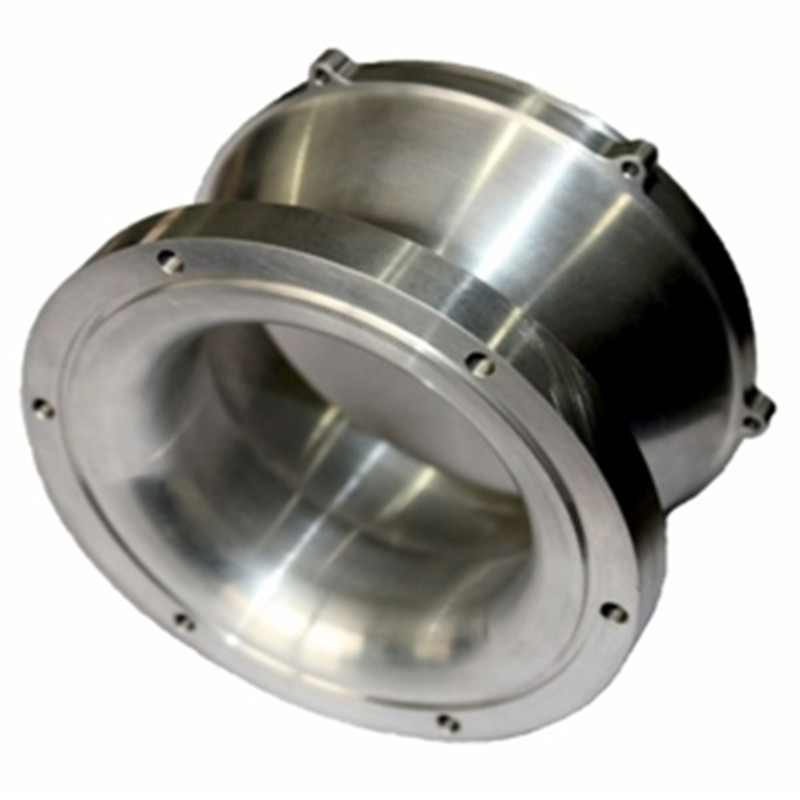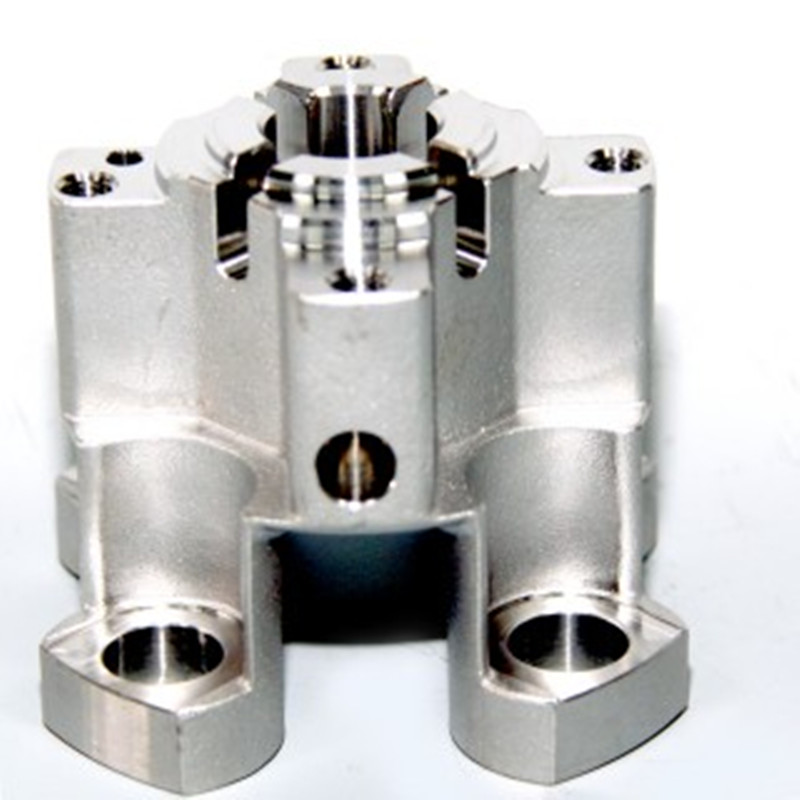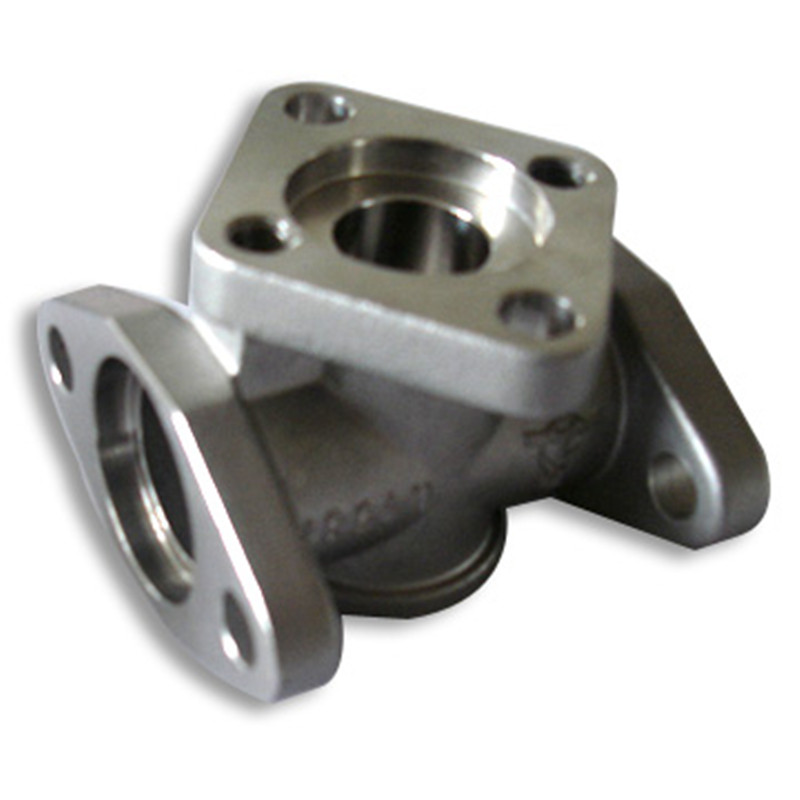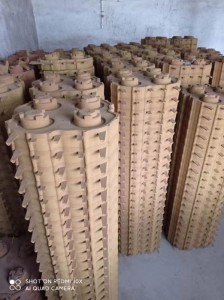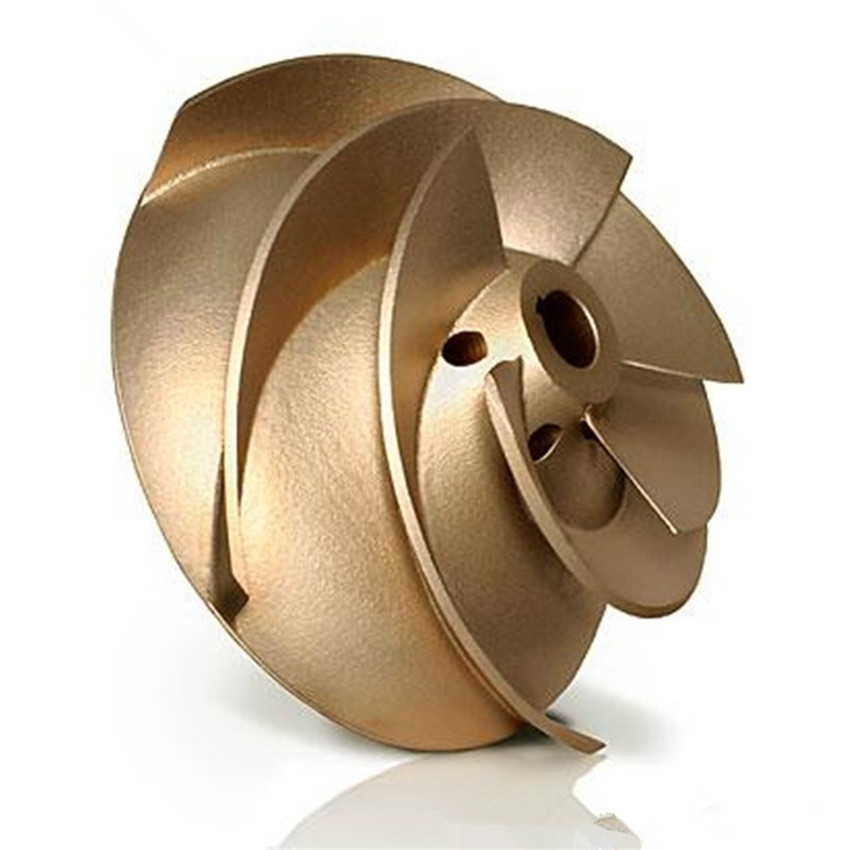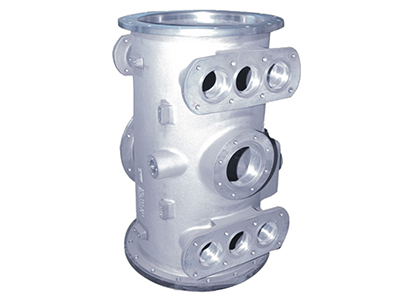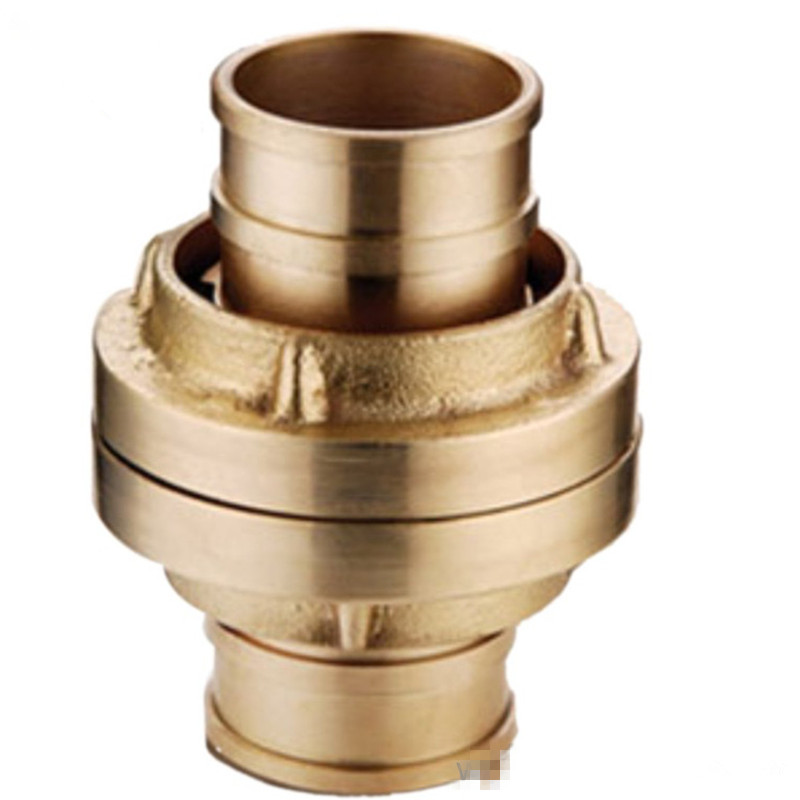High Precision Lost Wax Steel Casting
Product Description
Stainless Steel is a steel alloy with a minimum of 10.5% chromium content by mass. Stainless steel is used where both the properties of steel and corrosion resistance are required. So like other cast steel alloys, stainless steel is widely used material for casting production.
Stainless steel casting made in our steel foundry is mainly by silical sol casting process. Silica sol casting is the most precision investment casting process. Stainless steel casting process involves melting of metal, molding, and creating quality components with constant heating or cleaning. When normal casting components are not able to deliver enough strength and shock resistant features then stainless steel castings are just taken wonderful choice over others. This process can produce high precision net shape castings with no machining. Normally we can control such precision stainless steel casting with tolerance CT5-6 level. Another advantage is that, with this process, our foundry can supply stainless steel casting with no defects.
Common Material Grades of Stainless Steel Casting
SS304: The most widely used austenite steel, may be referred to as A2 stainless.
SS316: The second most common austenite steel, also referred to as A4 stainless. SS316 is used primarily for its increased resistance to corrosion.
SS304L & SS316L (superaustenitic stainless steel): The [L” means that the carbon content of the alloy is below 0.03%, which reduces the sensitization effect caused by the high temperatures involved in welding. Compare with 300 series, it shows better resistance to stress-corrosion cracking.
17-4 PH: Most common precipitation-hardening martensitic stainless steel, which uses about 17% chromium and 4% nickel.
Surface Treatments of Stainless Steel Castings
Shot Blasting: Used to remove surface black oxide skin after casting of stainless steel products.
Pickling & Passivation Treatment: Pickling is a chemical treatment way to eliminate surface dirts like oxide skin, rust, welding spots,ect. And passivation is a process that forming a new abundant chromium protective layer, thus to improve the anti-oxidation ability of stainless steel castings.
Electropolishing: Used to remove surface tiny burrs and improve the brightness of stainless steel castings.
Mirror Polishing: A kind of surface polishing way that can achieve a smooth and shining surface like a mirror finish.
Application of Stainless Steel Castings
For the unique physical properties of stainless steel, Stainless steel castings are served for a wide range of industries, especially those in severe environments. Below are the main applications of stainless steel casting
our factory
